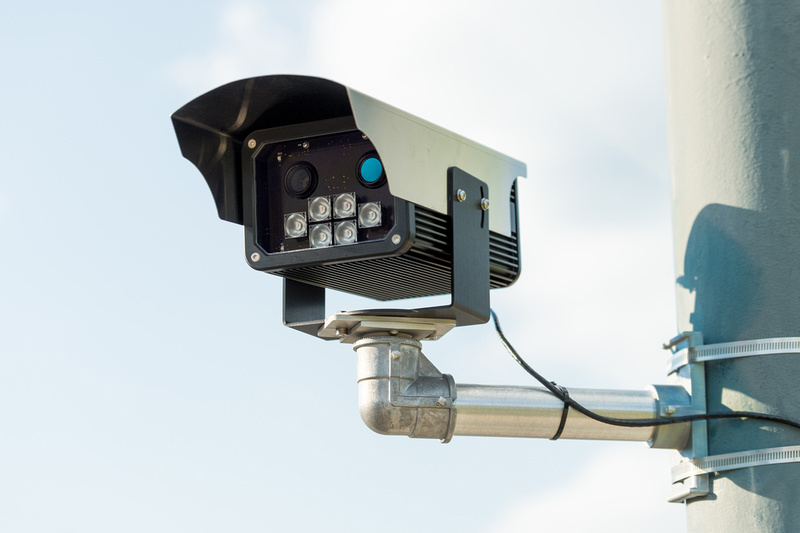Most law and parking enforcement agencies understand the many benefits that come from having an ALPR system in their jurisdictions—but oftentimes, community members may be skeptical. In an age where automation exists everywhere and "Big Brother is watching you" literally appears in online dictionaries, it's understandable that people would have concerns about such sophisticated technology. But the truth is: they don't need worry.
Is anyone in your community questioning your decision to implement an ALPR program, or concerned about the system you already own? Here are three myths they might believe, and the truth behind each.
Myth #1: Officers can use the plate-reading technology for illegitimate purposes.
The truth: LPRs are not an invasion of privacy. There was recently an article about this very concern in Ocean City, Maryland's The Dispatch. Despite the Ocean City Police Department (OCPD) successfully arresting and charging a criminal thanks to the use of their LPRs, their community questioned the technology, "implying OCPD and presumably other law enforcement agencies were using the plate-reading technology for less than above-board purposes, evoking big brother implications." In the article, OCPD Communications Director Lindsay Richard explains that the information LPRs captured is held for a specific time and that the OCPD can only access that data under strict guidelines—and that they need a specified purpose. That's true of Leonardo's and most others' LPR systems; the data can't simply be accessed to browse names and plates. In fact, you could explain that the privacy and safety of community members is a huge reason to use LPRs, and that your officers have been trained how to use the technology appropriately.
Myth #2: ALPR Systems are expensive and will take a chunk of my annual budget to cover the cost.
The truth: They aren't. Over the past 10 years the cost of ALPR systems has become substantially more affordable. And as you may or may not yet know, law enforcement agencies can apply for state and federal grant funding to help with the purchase of a new ALPR system. If your community is concerned about the costs or where the money is coming from, reassure them that much of the cost can be offset by the efficiency the systems provide patrol officers and investigators reducing the number of hours they spend on a case. You can also work to secure grant money, which is allocated to states at various times throughout the year. There are a number of things you can do to speed up the process—like register with a grant service (PoliceGrantsHelp.com) and find an ALPR provider that offers supporting documentation. For more on this, refer to this blog post: 3 Tips to Secure Grant Funding for an ALPR Law Enforcement System.
Myth #3: ALPR technology Is only used for catching stolen vehicles.
The truth: While identifying stolen cars is an enormous benefit all on its own, there are a number of powerful ways ALPR technology can help a community stay safe. In addition to exonerating the innocent, LPRs can align with AMBER and Silver Alerts and assist officers in finding those missing persons. The technology can also help investigate illegal actions by commercial motor vehicles and their drivers, aid law enforcement in efforts to resolve drug-related offenses and help locate potential witnesses and validate alibis when it comes to both misdemeanors and serious crimes.
All in all, the benefits of having an ALPR system in your jurisdiction have not only been documented through statistics and news stories, but they are easier to understand and believe through honest communication. Whether it's a public Q&A or a one-on-one conversation with someone in your community, know the research and speak from your experience. More than anyone, agencies know how valuable and vital LPRs can be.

